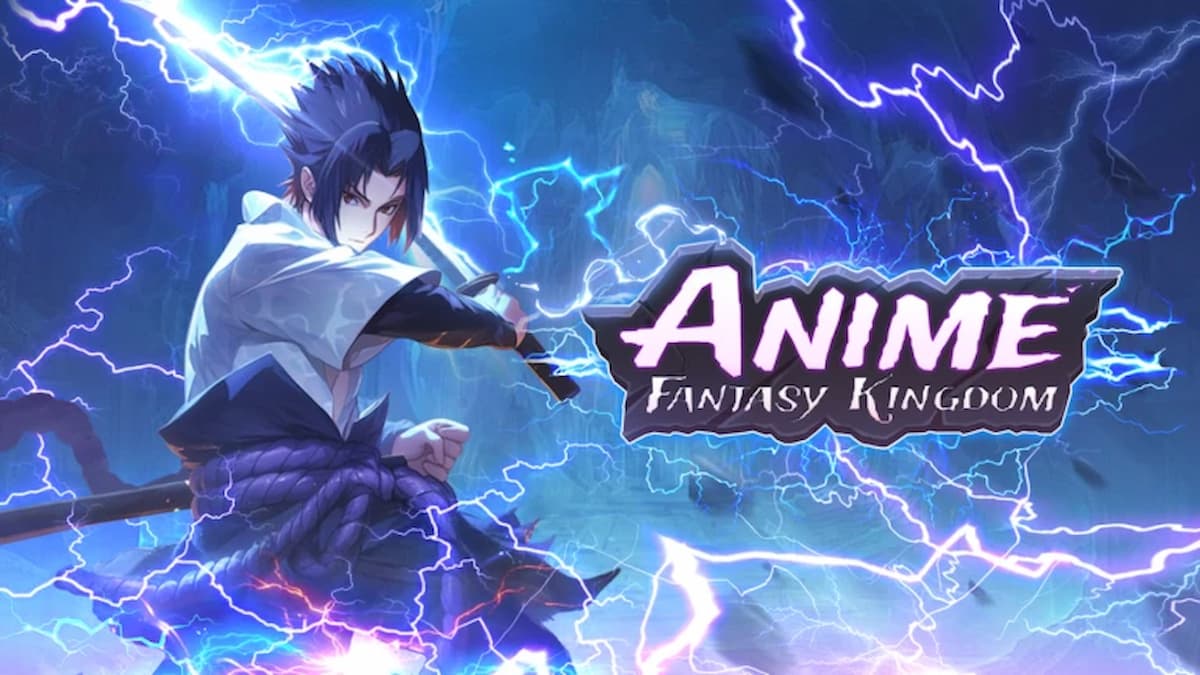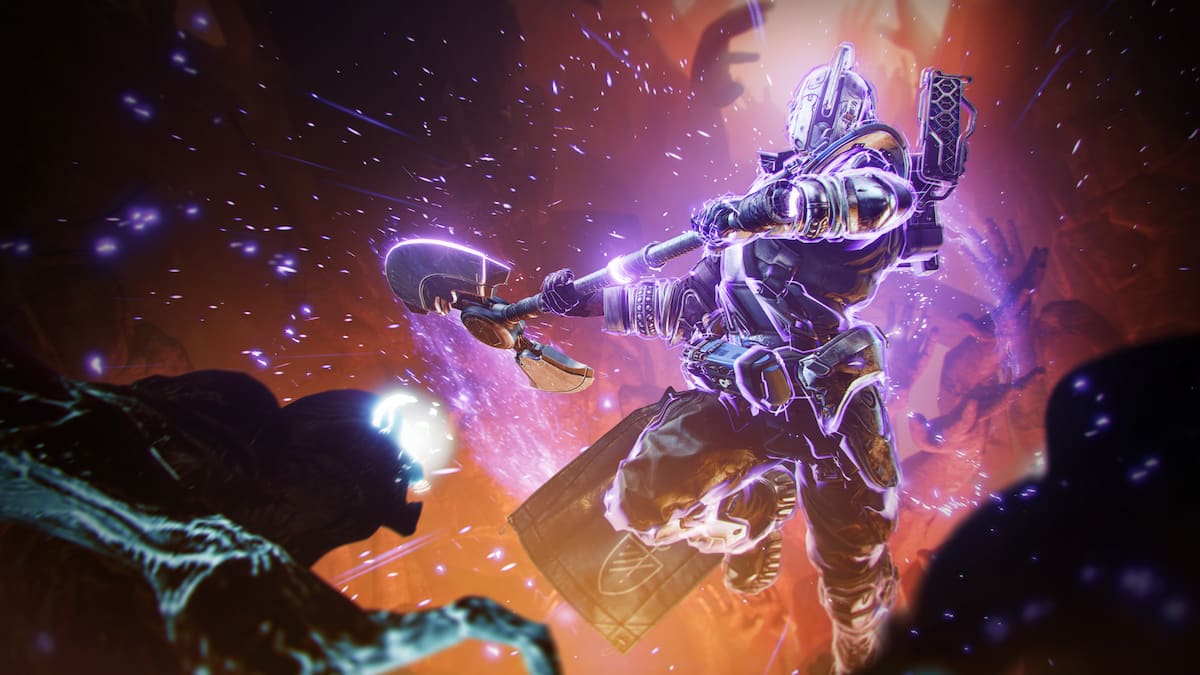If the esports industry was a game, Chinese tech giant Tencent would be its final boss. The latest financial report from the company that owns League of Legends developer Riot Games showcases just how big a behemoth Tencent actually is.
The firm, which is best known in China for its chat products, QQ and WeChat, announced total revenue of RMB 151.9 billion ($21.9 billion) for its fiscal 2016, an increase of 48 percent over the year. Tencent’s annual sales grew by 43 percent to reach RMB 41 billion ($5.9 billion).
The company posted a 47 percent rise in quarterly profits in the final quarter of the year, especially mentioning new revenue streams such as cloud services and payment to support that growth. Subsumed under “other business,” these branches grew by 289 percent on a year-on-year basis.
Historically, Tencent makes the most of its profit from games. In fact, online games revenue grew by 16 percent, which was mainly driven by “PvP and RPG genre smartphone games,” Tencent reported.
Tencent explicitly mentions esports in the report, saying it “broadened user engagement with [its] major PC game titles via esports, game video streaming, and game interest groups.” The company maintained its status as the largest game operator in China, across the country’s top three PC game titles: League of Legends, Dungeon & Fighter, and Counter-Strike clone Cross Fire.
Hong-Kong-listed Tencent pushed past its competitor Alibaba—which via Alisports is engaging heavily in esports as well—as biggest ecommerce stock, aside of the fact that the earnings report fell short of experts’ expectations, and missed Wall Street estimates. Tencent’s market cap now stands at $270 billion, ahead of Alibaba, which weighs in at $262 billion, according to the Financial Times.
Tencent’s outlook for 2017 notes an interesting promise, the addition of “new genre-driven PC games.” That is noteworthy, if only because basically everything Tencent does in the gaming sector potentially, affects esports. The company, for instance, just announced it was seeking a $2 billion loan that could end up as its next big investment in the games market.











Published: Mar 22, 2017 08:01 am